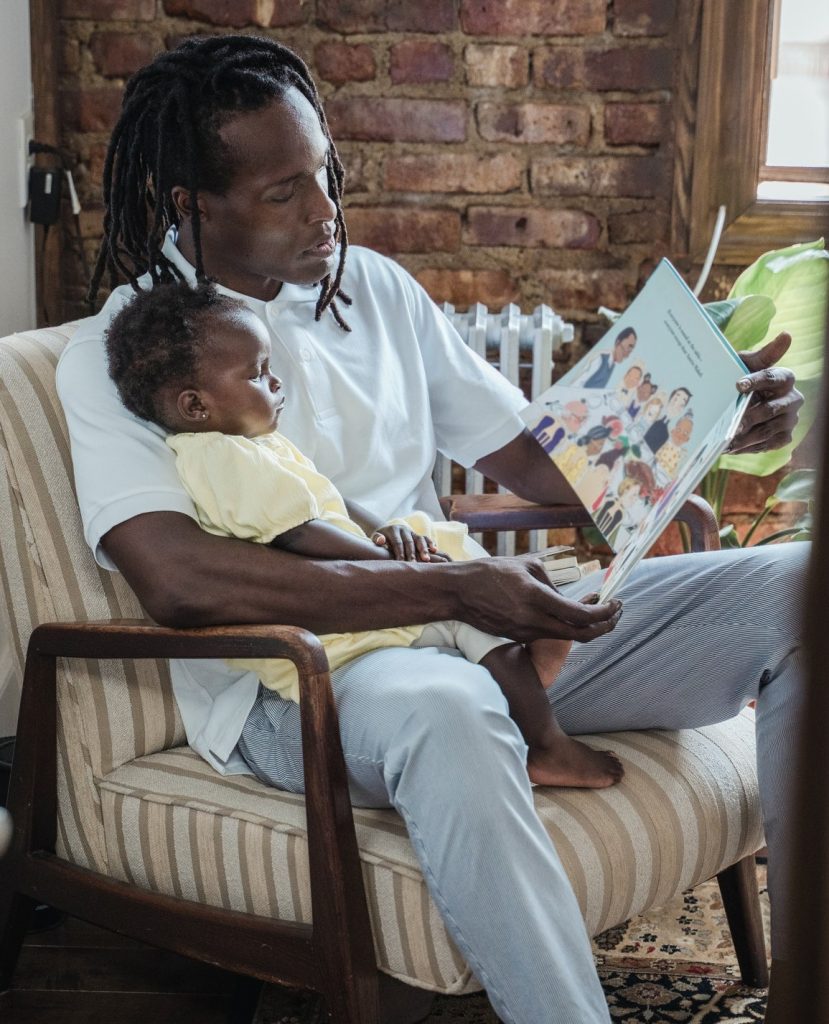Tutoring makes a massive difference in the lives of many—simply check out our countless testimonials from parents, students, and educators to see how! It would then make sense to get your child set up with a tutor as early as possible. But how young is too young to start tutoring? At what age should a child have a tutor?

Our Professional Opinion
In general, most families start tutoring no sooner than the age of four. But that’s not to say that tutoring for younger kids is out of the question. While many students seek the aid of a tutor once they start to encounter difficulties in a school setting (usually in kindergarten or grade one at the earliest), the perks of tutoring go beyond the classroom.
We discussed the importance of play in our Kindergarten Readiness blog for four- and five-year-olds, and it holds true for toddlers as well. Children three years old and younger benefit from natural development through play, and play can be incorporated into tutoring to great effect.
Play-based tutoring for infants and toddlers of any age is a great way to build a strong foundation for learning. It won’t look or feel like a typical tutoring session, but it can make a world of difference in a child’s development. Kids, especially very young ones, have a remarkable ability to acquire and retain information. Lifelong educator and Tutoring…With a Twist founder Amber Scotchburn notes that kindergarten-aged kids find high rates of success with tutoring. “They seem to take way less time to absorb what they’ve come for,” she says. So, the value of tutoring at a young age cannot be overstated.

How to Get a Head Start
If you’re hoping to help your toddler get ahead on their own, your best bet is to let them experiment with educational toys. In this way, they’ll learn without recognizing that they’re learning, ensuring that they’re having fun while developing their skills. Despite your good intentions, the use of flash cards and other deliberate lessons before preschool is likely to be counterproductive and establish a negative relationship with learning.
Likewise, placing limits on a child will severely hamper their development. Labelling a child as ‘limited’ or ‘behind’ simply because they can’t read while another same-aged kid can, for example, has profoundly negative effects on their confidence. “If we convey this message to a child at such a young age,” Amber Scotchburn notes, “we could prevent them from trying in the future as they may be pre-determined to think that they will never read.”
As mentioned in our Writing Skills for Elementary Students blog, it’s never too early to start reading to your kids. If you want them to have a head start, we highly recommend reading to them early and often if possible. You can employ the services of a tutor to help with this, but there’s something special about sitting down with Mom or Dad for story time.
According to an educational inequality study, “how frequently parents read books to their child, tell stories, sing songs, and talk about nature, and how frequently the child reads picture books . . . is strongly and positively associated with all [educational] outcomes.” So, be sure to make time in your schedule for these sorts of activities, and use positive, encouraging language to instill confidence and motivation.
Early Tutoring for Children with Disabilities
If your child is diagnosed with a learning or developmental disability at an early age, tutoring is especially valuable. A professional special education tutor can provide tailored support and help your child develop the skills necessary to thrive in a school environment.
“If a child has a diagnosed limitation such as a developmental disability,” Amber Scotchburn says, “then it’s super important to get the earliest intervention possible. Within developmental disabilities, there can be a sliding scale. Early intervention for children is a necessity to give them the best chance on that scale.”
Special education tutors use highly effective, proven methods to help with a variety of disabilities, including ADHD, dyslexia, and Asperger’s. If you’re curious about the difference a special education tutor can make, feel free to contact us.

A Child Can Have a Tutor at Any Age
At Tutoring…With a Twist*, we provide tutoring for all subjects, ability levels, and ages, no matter how young or old. This is the core of our twisted philosophy. We focus on incorporating a special ‘twist’ that enriches each tutoring session and creates a truly unique experience for our learners.
Twisted tutoring is not a one-size-fits-all solution, but a highly personalized approach to learning. Depending on a learner’s goals, the specifics of the twist will vary. For children four and under, the twist will have everything to do with the method of play-based tutoring. For older kids, it could be something entirely different that pertains to each student as an individual.
If you’d like to learn more about what the twist can do for you, we would love to hear from you. Also, check out our handpicked education resources to take learning to the next level.
For fun, interactive books and activities your kids can engage with, check out our online reading club. We have audiobooks and activities for all ages!
For more great content, check out our Facebook page and YouTube channel.
*Services provided by With a Twist Education Ltd.

